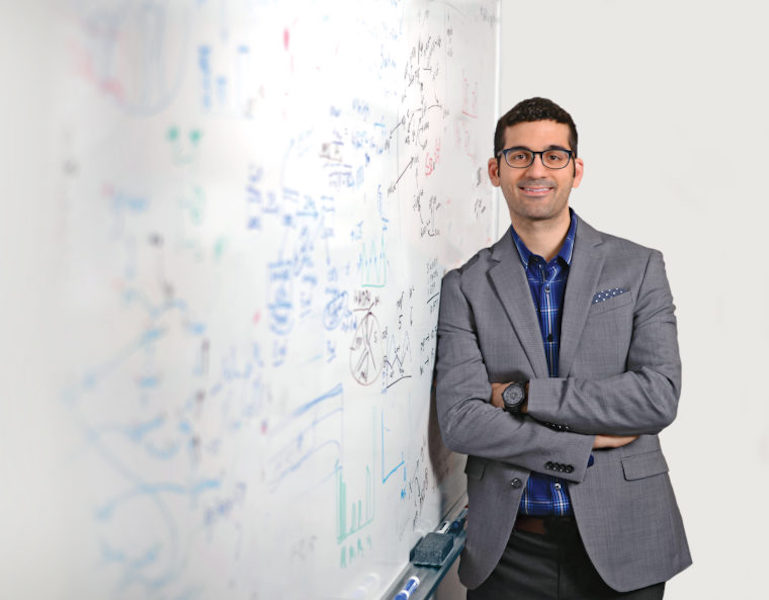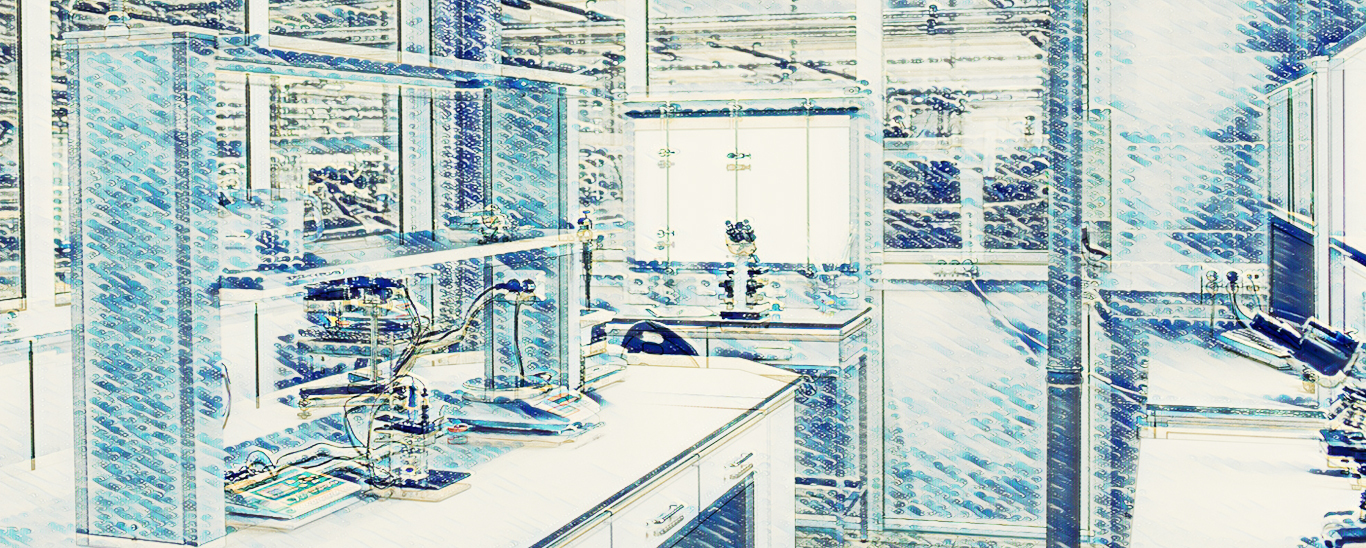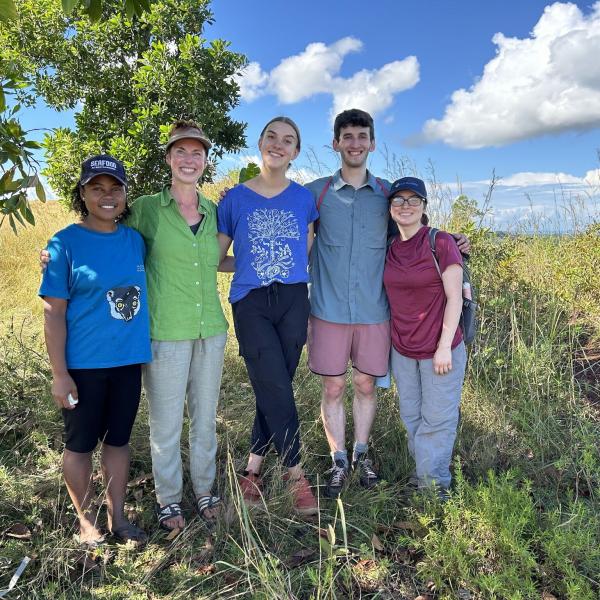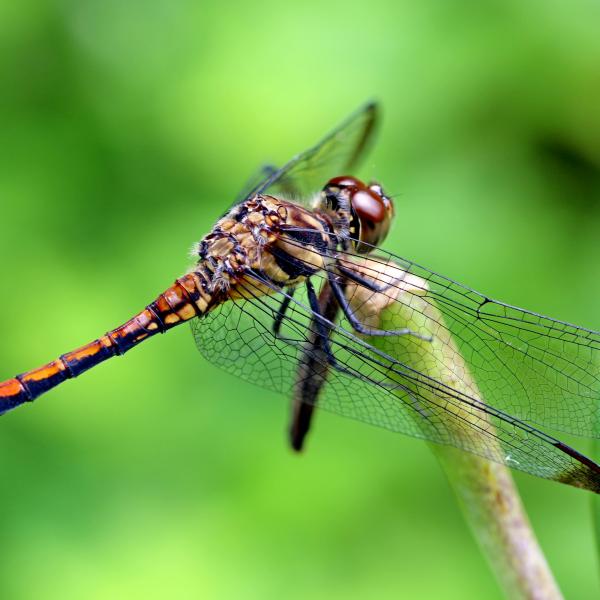As a dean’s fellow, Gary Patti aims to develop partnerships and garner resources to support research and entrepreneurship in Arts & Sciences.

At the beginning of the fall semester, Dean Feng Sheng Hu appointed Gary Patti to the new role of dean’s fellow for advancement and entrepreneurship. In this two-year position, Patti will work closely with Deanna Barch, vice dean of research, to leverage innovative funding sources to improve resources for research and entrepreneurship in Arts & Sciences. A pioneering researcher in metabolomics, Patti currently serves as the Michael and Tana Powell Professor of Chemistry and a professor of medicine at the School of Medicine.
“Professor Patti is an outstanding scholar who has had tremendous success in developing and leveraging his own work,” said Dean Feng Sheng Hu. “This is a critical moment for Arts & Sciences’ research enterprise. With Gary’s partnership, we aim to capitalize on this momentum, building resources and opportunities that will position us for unprecedented growth over the coming decade.”
“As faculty, we think a lot about raising money from grants and the classical mechanisms by which we often sponsor research,” said Patti. “But there are other opportunities in the corporate world, among other types of investors, who might be excited to partner with Washington University on some of our exciting research endeavors.”
Since taking on the fellowship, Patti has worked closely with colleagues in University Advancement to develop a network of contacts and approaches. In particular, he is helping to identify funding for two major projects. The first project entails moving biology teaching laboratories from Rebstock Hall to Jolley Hall, opening up space in Rebstock for more research laboratories. “It's a little bit of a musical chairs act, but freeing up the space in Rebstock will really drive biology forward in terms of their ability to cater top-shelf research,” said Patti. Instructors and students in biology will likewise benefit from having updated, specially designed teaching spaces.

The second project aims to find creative funding sources to make use of a long-ignored space, referred to as “the cave,” in the basement of Wrighton Hall. “This is a really unique space,” Patti said. “It has really high ceilings and a beautiful staircase that wraps around, but it's largely been inaccessible to the university because it's required a lot of renovation.” The room was designed to house large, high-performance instruments, like those used for nuclear magnetic resonance, but has been left empty since its construction in 2002. Through this project, Patti intends to transform the cave into usable research space.
As a professor of chemistry, Patti has worked to set up symbiotic partnerships for his laboratory with corporate funders — a small-scale version of the type of outside-the-box funding he plans to implement elsewhere in Arts & Sciences. He partnered with a manufacturer who supplies instruments for the lab’s postdoctoral fellows, with the idea that when the researchers move on and need to purchase their own equipment, they will likely stick with familiar instruments. In a separate collaboration, a biotech company interested in recruiting from WashU now funds and co-mentors postdoctoral fellows.
“It's not just ‘can we go out and raise money,’ but ‘can we come up with these innovative partnerships, where there's multiple parties involved, that can creatively help the various collaborators while ultimately having a unique benefit to WashU and its students?’” Patti said.
Patti views such partnerships as an important means of implementing the Arts & Sciences Strategic Plan and elevating the school’s research enterprise. “I think this really helps prop up the research aspect of the strategic plan,” Patti said. “We’re trying to advance and improve the ability of Arts & Sciences to build our reputation in research.”



